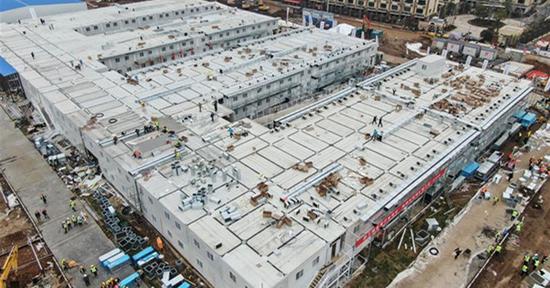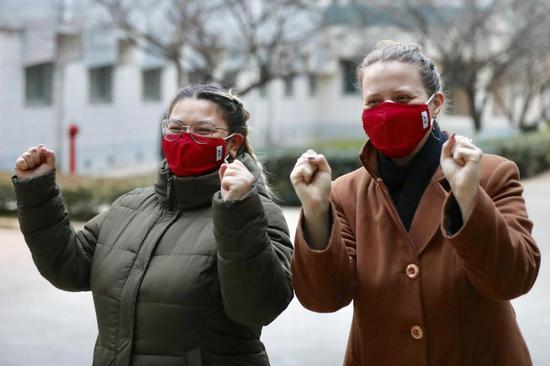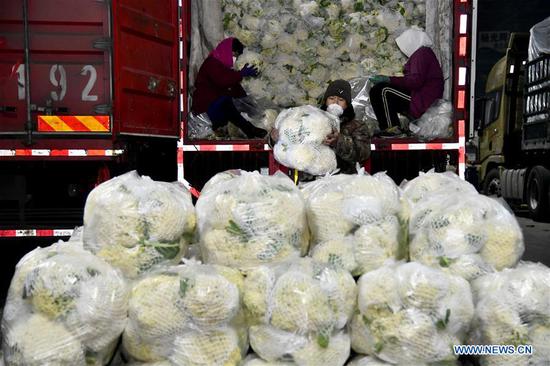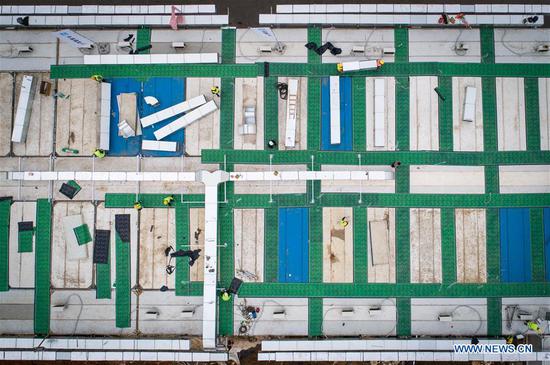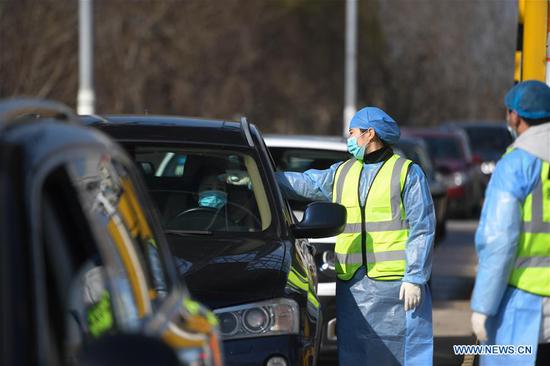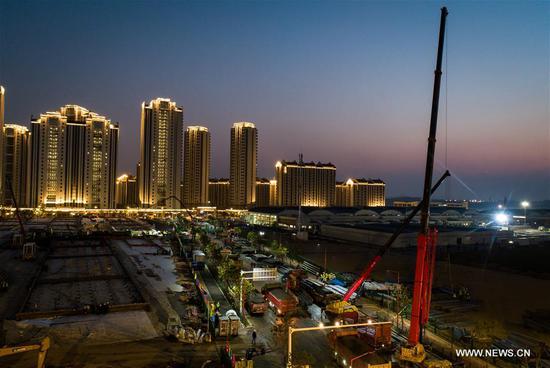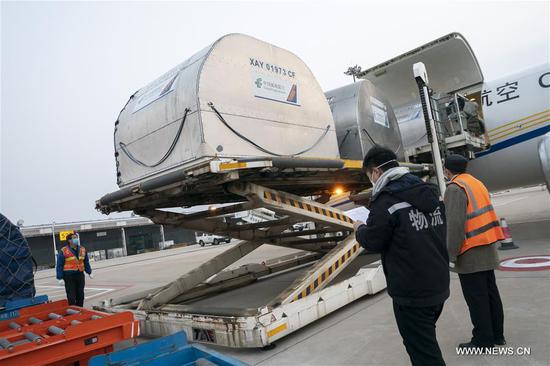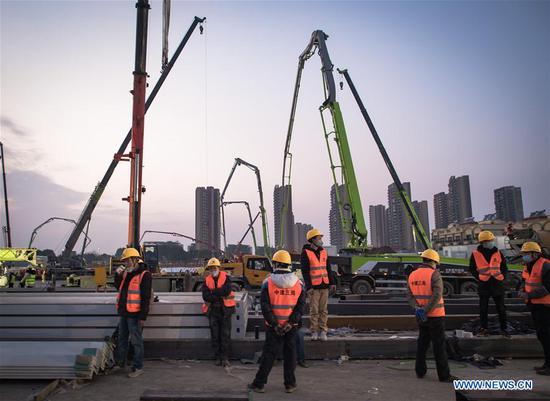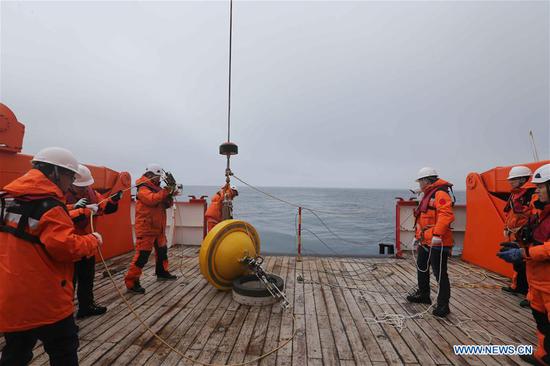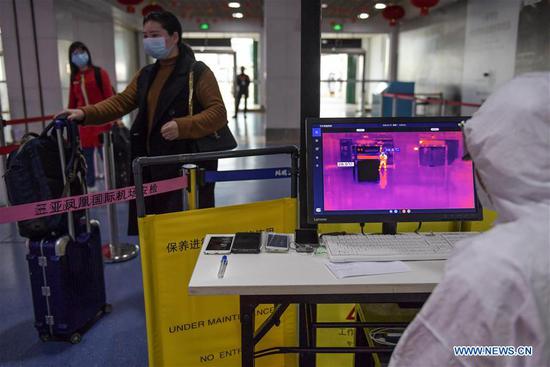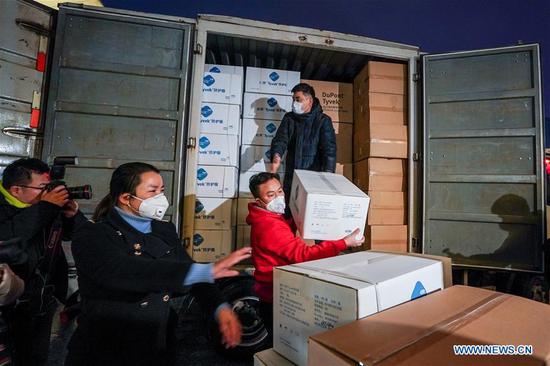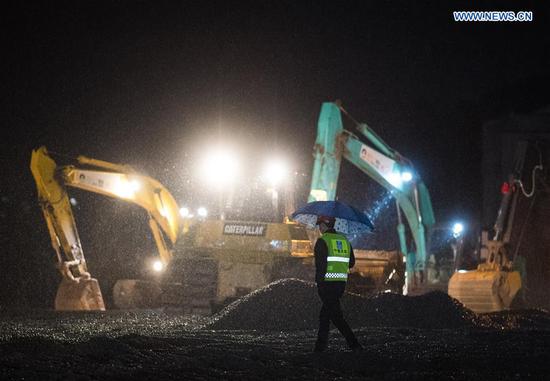EU citizens will not be deported even if they fail to sign up to scheme on time
How the British government will reform its immigration system while continuing to attract highly skilled and hardworking foreigners to its shores will be one of the key tests of Brexit.
Freedom of movement between the United Kingdom and European Union is expected to end after the Brexit transition period ends on Dec 31 this year.
A more significant moment in terms of immigration rules could be Jan 1, 2021, the UK's first day outside EU rules. Under the Brexit withdrawal agreement, that day could be delayed until 2022 or 2023, but British Prime Minister Boris Johnson has ruled out any extension of the transition period.
After Johnson became prime minister in July, one of his main pledges was to create an overall points-based system for immigration.
The Guardian reports that the British government's migration advisory committee was recently asked to review the Australian immigration system to "advise on what best practice can be used to strengthen the UK labor market and attract the best and brightest from around the world".
Mixed system
It said the committee recommended a mixed system, which would rely on a minimum salary threshold for those coming to the UK with a job offer and a points-based system for skilled workers coming to the UK without an arranged job.
Home Secretary Priti Patel stressed the report was only "advisory".
"I think it's important to recognize the British public voted for change when it came to immigration," she told the BBC. "We are committed to ensuring we have a system… that has the ability to level up across the whole of the UK in a way that immigration policy has failed for too long."
Regarding EU nationals already living in the UK, the government has given assurances that they will not face deportation or loss of social or employment rights after Dec 31.
Under the settled status scheme, EU citizens living in the UK can apply to stay in the country after Brexit. The BBC reports that so far the number of applicants to the scheme has hit more than 2.7 million.
Downing Street has said EU citizens will not automatically be deported if they fail to sign up to the settlement scheme by the deadline of June 30, 2021.
Home Office minister Brandon Lewis told the BBC recently that the focus was on "encouraging people to apply now". And Lewis said: "At the end of June 2021, if people haven't applied and they've got good reason for that, we'll be looking at that and we'll be looking to grant status."
British passport holders will continue to be able to travel and work in the EU because the country remains in the single market for the transition period up to Dec 31.
After it ends they will have the right-providing they register, or in some countries apply, within a given time limit-to stay and, after a time, seek permanent residence.
Since 2016, the year of the Brexit referendum, UK immigration from the EU has fallen-although more EU citizens still arrive in Britain than leave.
Currently, under EU rules, anyone from EU member states-or from the European Economic Area, or EEA-can come to the UK to live or work without a visa.
Equal rights
In 1992 the UK joined other EU nations in signing the Maastricht Treaty on European integration. This granted all EU citizens equal rights, with freedom to live in any member state they chose.
In the following decade, tens of thousands of people from these countries came to live and work in Britain and stayed. The BBC reports that in the past 30 years, the UK has experienced the most rapid increase in immigration in its history. Around one in seven of its population is now foreign-born.
For those outside the EU, there is a range of visas they can attempt to qualify for, such as the so-called Tier 1 or Tier 2 options that have "exceptional talent" or salary offer criteria. Then there is a Tier 2 visa with a lower salary threshold, if the applicant is on the so-called Shortage Occupation List, which includes nurses and engineers.
Ben Greening, executive director of Migration Watch, a group that believes the present level of immigration is unsustainable, said the review's proposals amounted to "a significant loosening" of the rules around Tier 2 migration.
He said it would mean "exposing over 7 million UK jobs to new or increased global competition from much larger developing countries where there is very substantial demand to come to the UK".
The BBC quoted Denis Kierans, of Oxford University's Migration Observatory, who commented that the report "essentially says the government needn't bother with a points system for people coming to the UK with a job offer and the current system relying on employer sponsorship should work fine for these people.
He added: "It wouldn't be surprising to see a new system introduced that is branded as 'Australian-style' but actually looks rather like the 'UK-style' system we already have for non-EU citizens."












